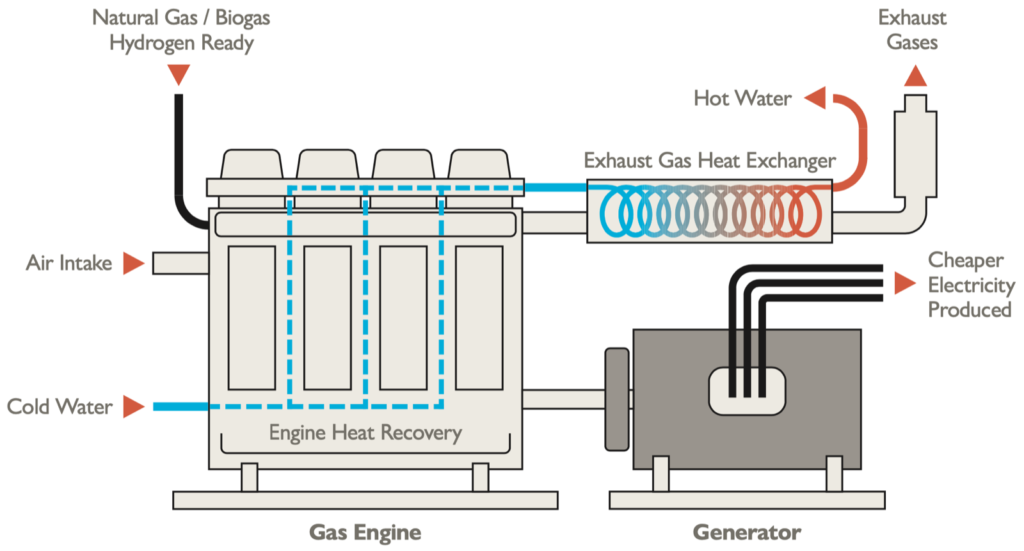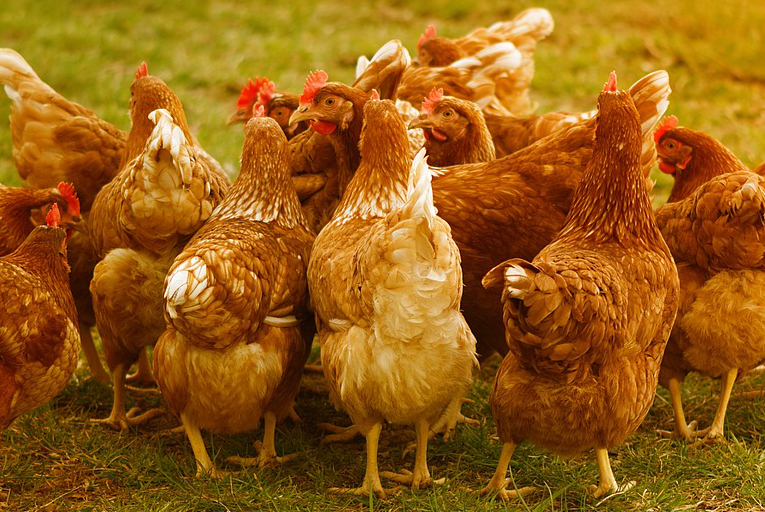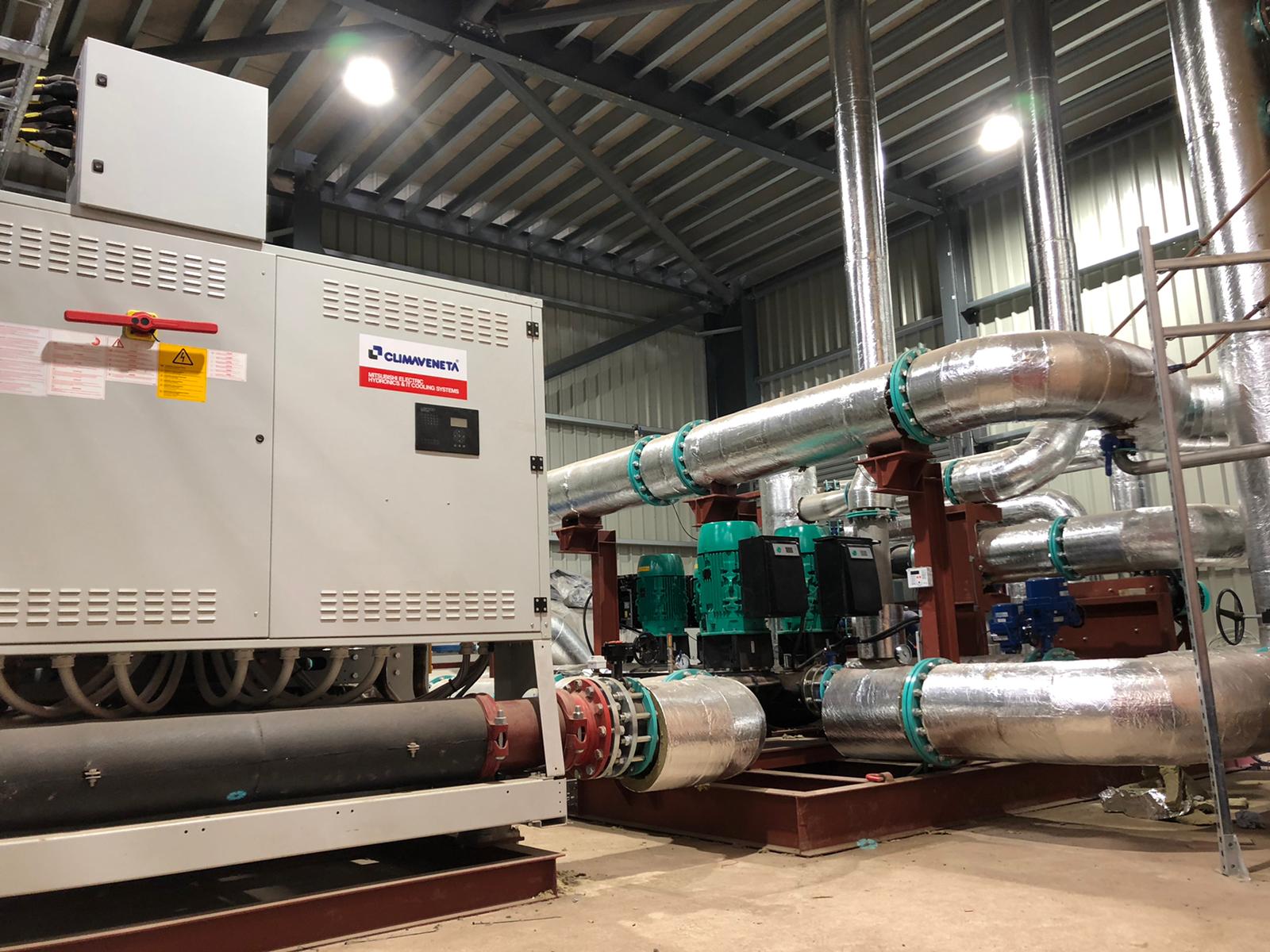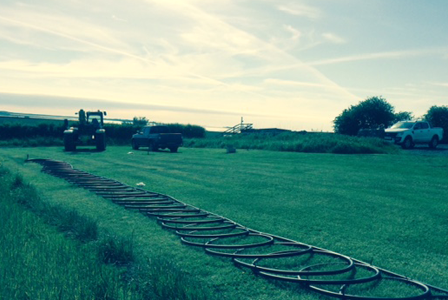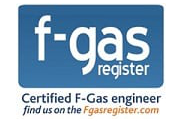Air, Rail & Sea Industries – Energy plays a crucial role in these industries, powering various modes of transportation.
The transport industry, covering air, rail and sea, is a significant consumer of energy, primarily in the form of fossil fuels. However, there is a growing emphasis on finding alternative energy sources to reduce environmental impacts of transportation and move towards more sustainable practices.
The environmental impact of the transport industry, especially in terms of carbon emissions, has become a significant concern. The burning of fossil fuels releases carbon dioxide (CO2) and other pollutants, contributing to global warming and air pollution. This has led to a push for cleaner and more sustainable multi-functional renewable energy solutions, including building renewable energy generation capacity, improving energy storage, carbon offsetting and a key one, emissions reduction.
Moving forward, the Government has committed to invest millions in these sectors, click here for further details:
Billions of investment for British manufacturing to boost economic growth – GOV.UK (www.gov.uk)
Drying Solutions for Port Storage
The ports industry plays a critical role in facilitating global trade and commerce by serving as gateways for the movement of goods, commodities, and energy resources. Within this picture, efficient storage solutions are critical to manage the flow of goods effectively, minimise delays, and ensure that cargo reaches its intended destination on time and in peak condition.
Ports are energy-intensive environments so with energy prices so high and compliance with the Government’s carbon zero agenda at the forefront, the industry is looking for more cost-effective and eco-friendly solutions.
A drive is in place to move from excess electricity use via the grid, natural gas, diesel fuel, kerosene, oil and even coal, in order to adopt a cleaner and more sustainable energy source to reduce environmental impacts and mitigate climate change.
Ground Source Heat Pump
Energy-transforming Heat / Chill System
A Calibrate Ground Source Heat Pump, amongst other uses, can be used as a drying system.
It uses the naturally occurring warmth from the earth to increase heat with a 350% efficient heat pump to the required heating output. A by-product of its heating cycle is chilled water that can then be used to dehumidify the recirculated air through the grain (or other produce) as well as chilling the product to anywhere between -2°C–15°C for storage.




Combined Heat & Power Unit
Generating cheaper onsite electricity and heat
Reefer containers, along with electric cranes, portainers and RTGs, often represent around 40% of the electricity expenditure on ports nationwide. Calibrate’s Combined Heat & Power (CHP) design and concept allows ports to generate electricity onsite at a lower cost than from the National Grid, whilst providing energy back up in the event of a power cut.
CHP’s are powered by natural gas or biogas (piped or bulk) and also produce much higher ranges of temperature than other solutions, with up to 90°C of free heat that can be used for processes and/or ambient heating. A single 300kW CHP unit can power up to 25 x 40ft refrigerated containers, whilst heat is simultaneously recovered from the engine and exhaust to be used for a variety of applications, making it highly efficient.
Certified and Accredited
Calibrate Energy is a member of the GSHP Association.
We have also achieved ISO9001 NQA status.




